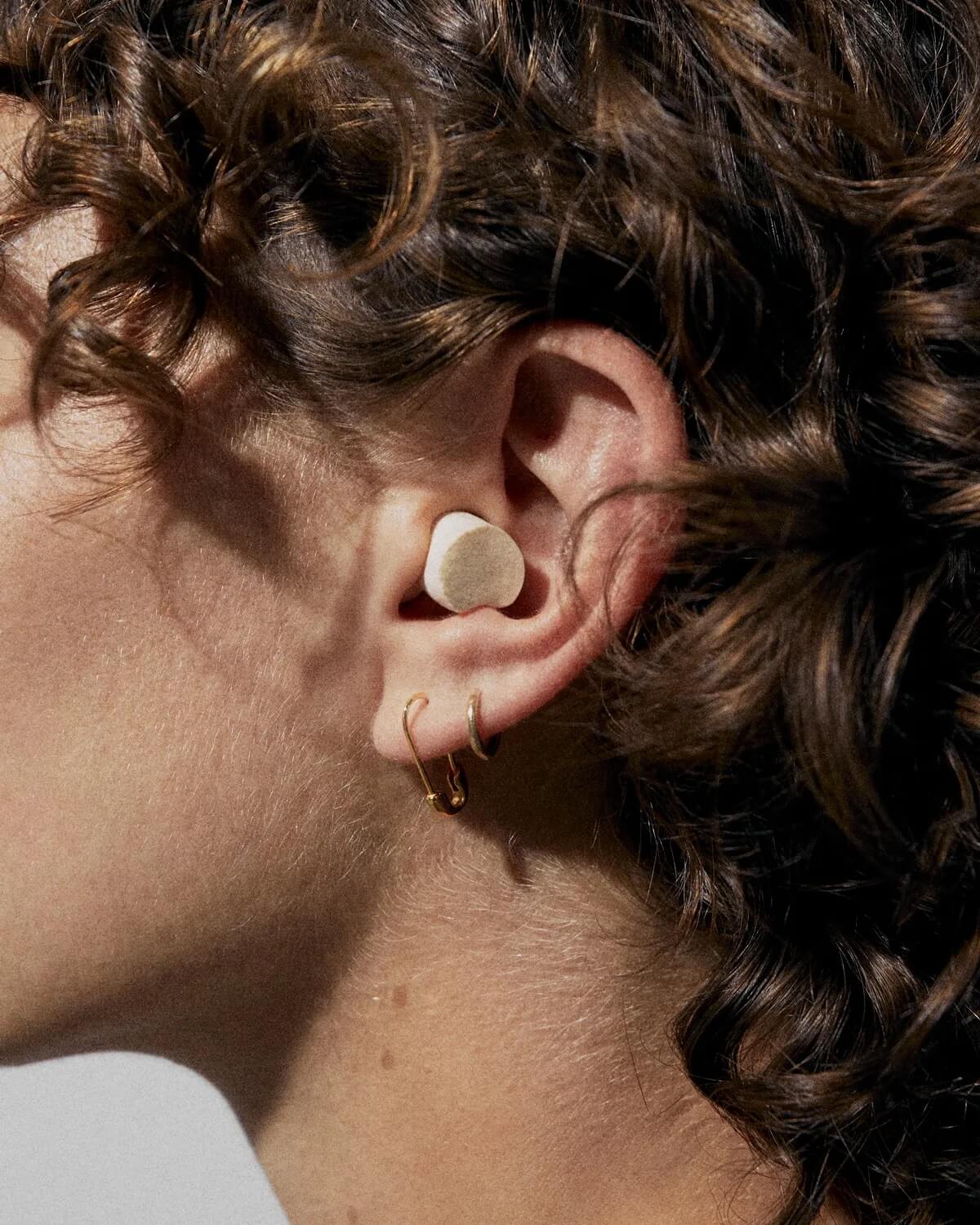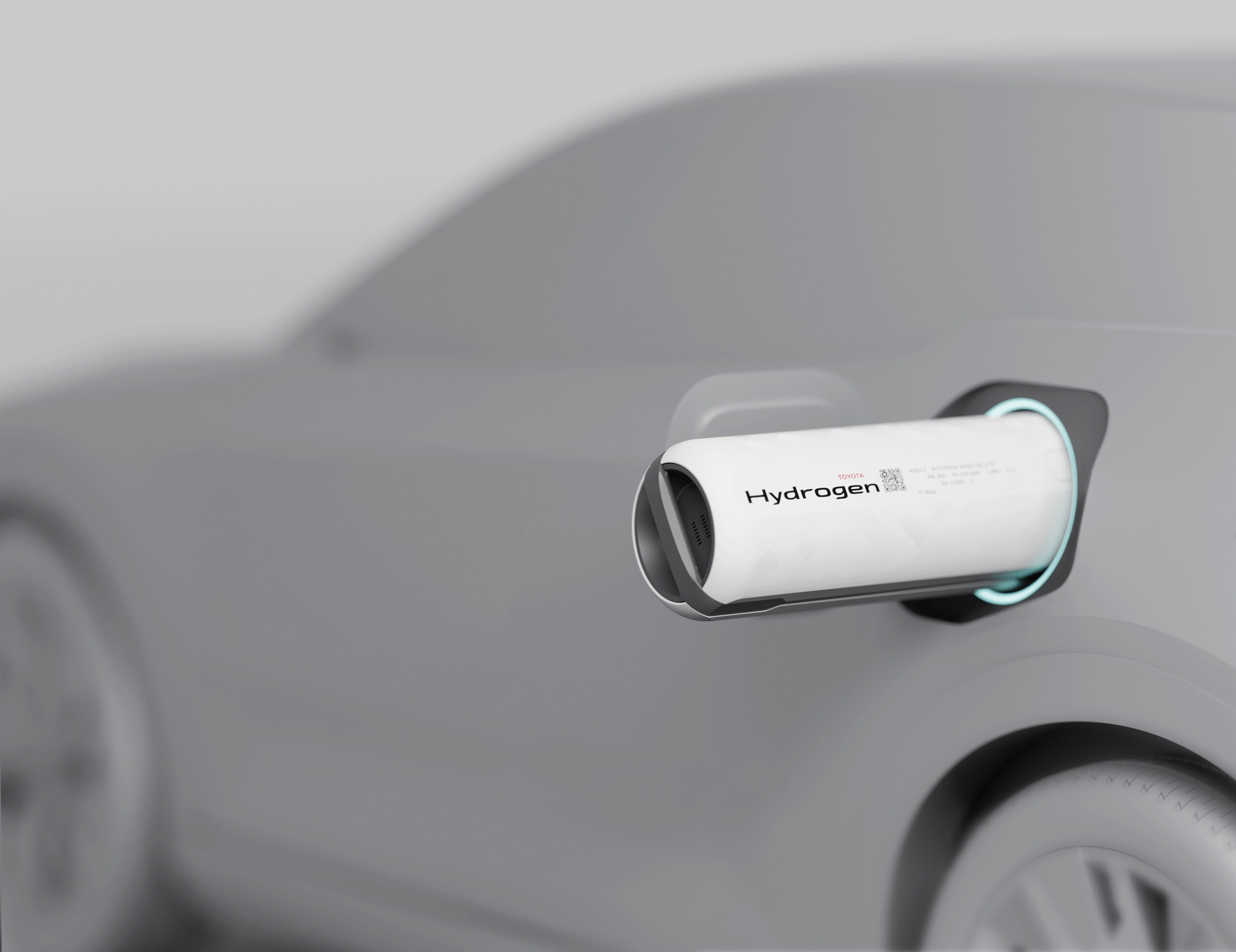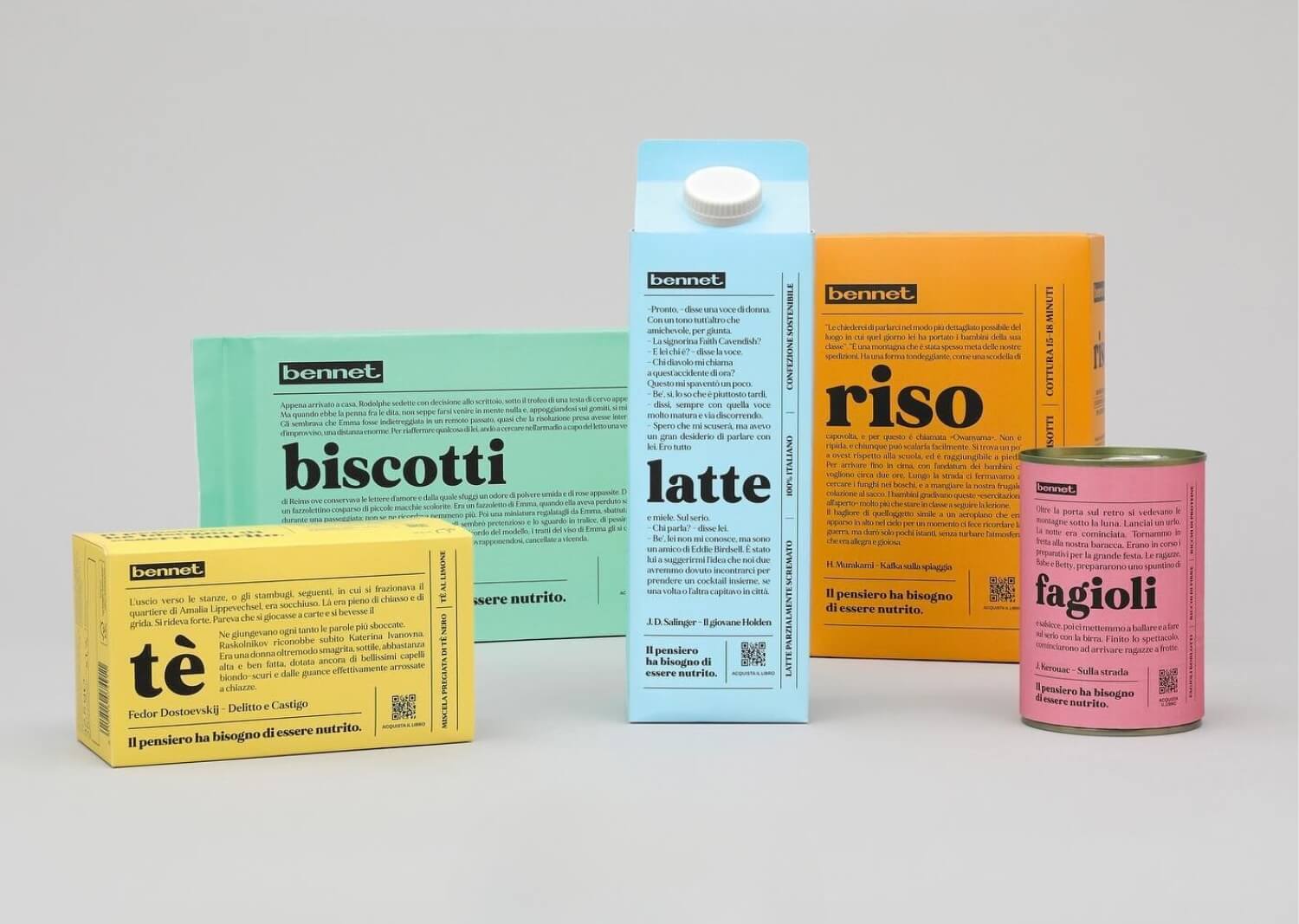ByteDance's publishing arm is making a strategic move into print books, capitalizing on the explosive growth of #BookTok, TikTok's bibliophile community. The Chinese tech giant's 8th Note Press, which launched as a digital-only publisher in 2023, announced a partnership with independent New York-based publisher Zando to bring physical editions to US bookstores starting in 2025.
The expansion comes as TikTok continues to drive unprecedented growth in print book sales. According to the New York Times, print sales for authors with large BookTok followings reached 41 million units in 2024 to date, representing a 23% increase compared to the same period last year. That growth significantly outpaces the broader adult fiction market, which was only up by 6%.
The pivot to print acknowledges a crucial dynamic of BookTok culture: influencers prefer physical books they can display on their shelves and hold up in videos. 8th Note Press and Zando aim to publish 10-15 titles annually, focusing on genres that resonate with millennial and Gen Z readers, like romance, 'romantasy' and young adult fiction — and on topics that align with whatever is (about to be) trending on TikTok.
Select your country
- Argentina
- Australia
- Austria
- Belgium
- Brazil
- Cambodia
- Canada
- Chile
- China
- Colombia
- Costa Rica
- Croatia
- Czechia
- Denmark
- Estonia
- Finland
- France
- Germany
- Ghana
- Greece
- Guatemala
- Hong Kong
- Hungary
- Iceland
- India
- Indonesia
- Ireland
- Israel
- Italy
- Japan
- Kenya
- Latvia
- Lithuania
- Malaysia
- Mexico
- Morocco
- Netherlands
- Nigeria
- Norway
- NZ
- Paraguay
- Phillippines
- Poland
- Portugal
- Puerto Rico
- Romania
- Serbia
- Singapore
- Slovakia
- Slovenia
- South Africa
- South Korea
- Spain
- Sweden
- Switzerland
- Taiwan
- Thailand
- Turkey
- UAE
- UK
- Ukraine
- US
- Uruguay
- Venezuela
- Vietnam
Select your country
- Argentina
- Australia
- Austria
- Belgium
- Brazil
- Cambodia
- Canada
- Chile
- China
- Colombia
- Costa Rica
- Croatia
- Czechia
- Denmark
- Estonia
- Finland
- France
- Germany
- Ghana
- Greece
- Guatemala
- Hong Kong
- Hungary
- Iceland
- India
- Indonesia
- Ireland
- Israel
- Italy
- Japan
- Kenya
- Latvia
- Lithuania
- Malaysia
- Mexico
- Morocco
- Netherlands
- Nigeria
- Norway
- NZ
- Paraguay
- Phillippines
- Poland
- Portugal
- Puerto Rico
- Romania
- Serbia
- Singapore
- Slovakia
- Slovenia
- South Africa
- South Korea
- Spain
- Sweden
- Switzerland
- Taiwan
- Thailand
- Turkey
- UAE
- UK
- Ukraine
- US
- Uruguay
- Venezuela
- Vietnam



















